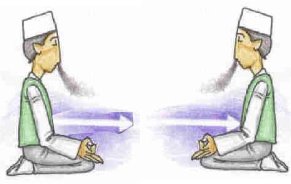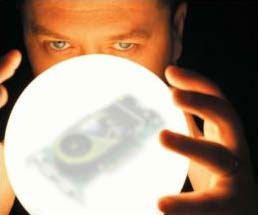
As I mentioned, I have been doing a lot of reading lately. I have been going back in the past to try to understand the thinking and attitudes of some of the foundational people in home schooling. I had never heard of Sylva Ashton Warner until I saw her name mentioned by Pat Montgomery. I wondered what actually came from Warner that influenced Pat Montgomery. So Amazon got yet another visit.
I learned a lot about Warner from the book, "Pay Attention To The Children" by Sydney Clemens, in fact more about her personally than I wanted to know. She was a teacher in New Zealand. She taught in the rural areas to children who often paddled canoes to get to "school". Sylvia observed the impact of the teaching style she had acquired through obtaining her teaching degree. What she saw was a terrible mismatch between what she had been trained to do and what the kids responded to. To her credit, Sylvia became over time a "student centered" teacher. Her teaching became more about what worked with students and less about teaching as she had been trained to teach. Today I want to share one of her concepts called "Breathing Out... Breathing In". I want to share this, because I have proved for myself that this concept is a foundational concept in teaching anyone anything.
As you woke up this morning, it wasn't long before things were on your mind. Things to do, places to go, people to see, problems to solve, and the list goes on. Small children are no different, except they have in addition the wiggles. Often they need to move. They need to move to think. They seem to need to move to even communicate. They have energy inside of them. They are full of thoughts and ideas too. Full to the brim and overflowing. Overflowing with ideas and with energy. This energy is bubbling over and wants to express itself. You getting the picture?
Sylvia found that trying to "teach" anyone when they were in this "state of being" was a struggle. Sydney Clemens said of Sylvia's philosophy, "Arriving at school children needed time to unpack or discharge the stuff that was packed in: to breathe it out, paint it, sculpt it, dance it, talk it, capture its impact in a key word, play it out." We can all appreciate that can't we?Clemens continues, "Understanding that
children don't come to school empty Sylvia made it possible for them to focus on lessons by letting them first discharge what was on their minds." She called this
Breathing Out which is "making room in their emotional suitcases to take in other, new images (lessons) including those Sylvia wanted to teach." (Clemens, pp 130-131)
Breathing Out made room for
Breathing In or learning the more basic stuff of education.
Sylvia divided up her day into four time periods. Period 1 in the morning was a breathing out period that lasted 45 minutes to an hour or more. Period 2 was a breathing in period, when she led the children in more formal learning experiences. Then came lunch recess. After lunch came period 3 which was another shorter breathing out period, followed by another breathing in period and the day was done.
Besides the obvious benefits of allowing for expression of energy and emotion, perhaps the most powerful and beneficial part of this isn't so obvious. Sylvia, during the breathing out times, would take this opportunity to observe closely, the words, interests, drawings, acting's out, emotions and frustrations that were expressed during this time of natural play. Her "observations" became the raw material for instructing in the more formal learning that day. Because she listened to the children talk about their lives outside the class, and their experiences and concerns, she was able to actually reference them while teaching reading or writing or anything else on the agenda. For example, "Mary tell us about the red boat you drew this morning? " or "Billy, putting the corn away for the winter is like memorizing the quotes from Winston Churchill." The children felt listened to, accepted and affirmed because the teacher used their point of reference to teach with. Second, "Children were emotionally refreshed and renewed enough, through creative arts, to
have room to take in something new." (ibid, p 131)
I have seen the practical application of this idea over and over again. In scouting, it is after the patrol meetings, and inter patrol competitions, when the boys are "worn out" that the Scoutmaster is supposed to offer the "Scoutmaster's Minute" a meaningful thought or idea to lift the boys to a higher level each week. In my Sunday School Class, by investing 10 or so minutes at the beginning to allow for some kind of casual expression of what is going on in their lives, makes the next 30 minutes profoundly more effective. At home, for family night, giving each one a chance for personal expression before the final lesson, has them in a much more teachable frame of mind.
So... close your eyes, sit up straight, touch the tip of your thumb to the tip of your second finder in making a circle, hold your hands out to the sides and... Breath In .... Breath Out... Breath In .... Breath Out...Breath In .... Breath Out........







